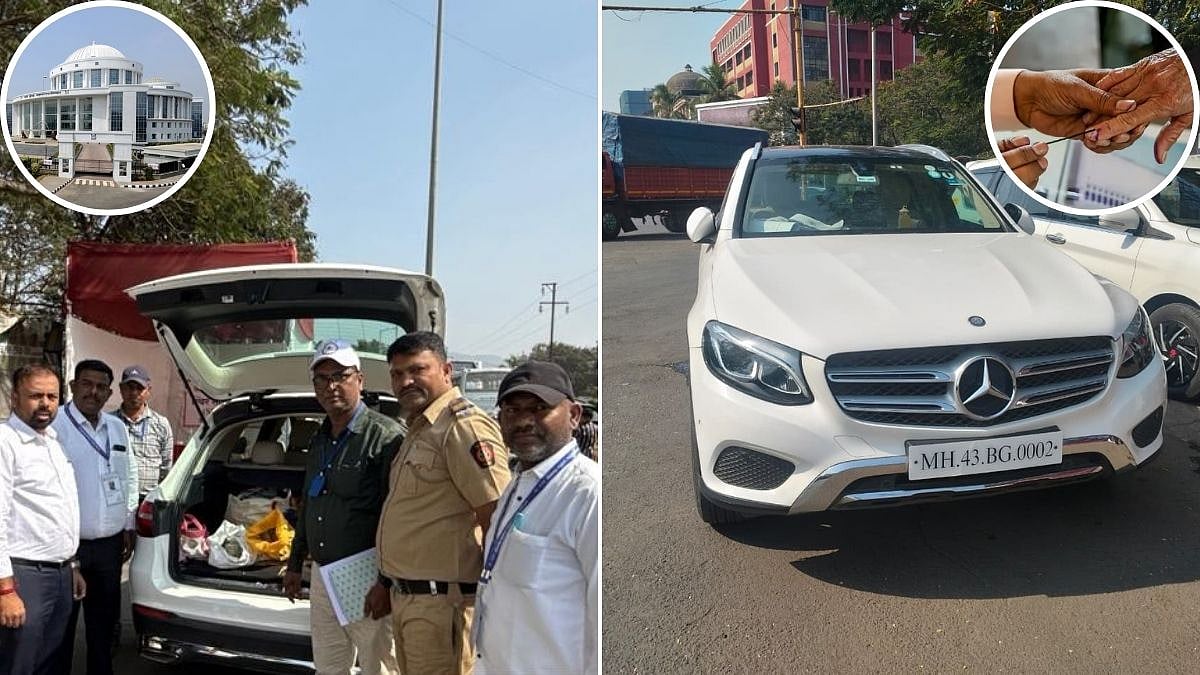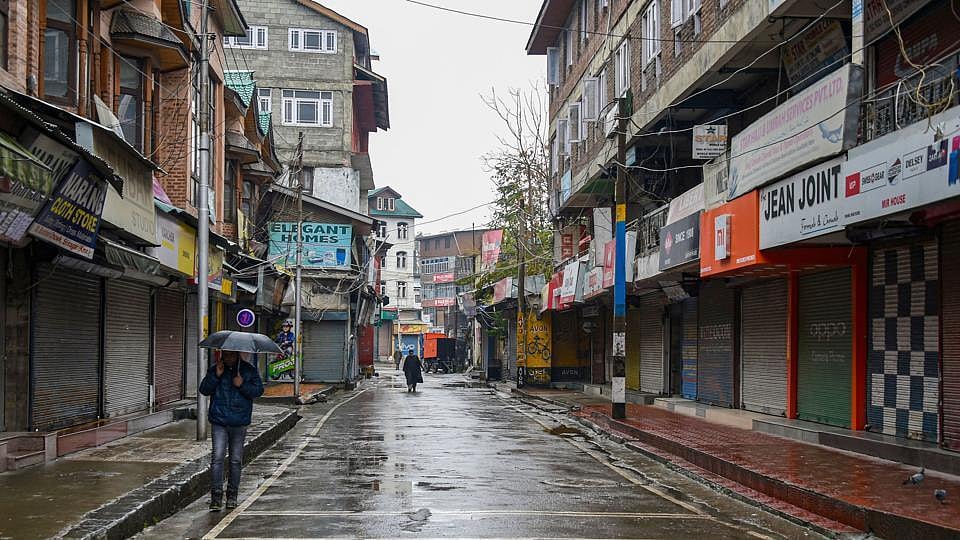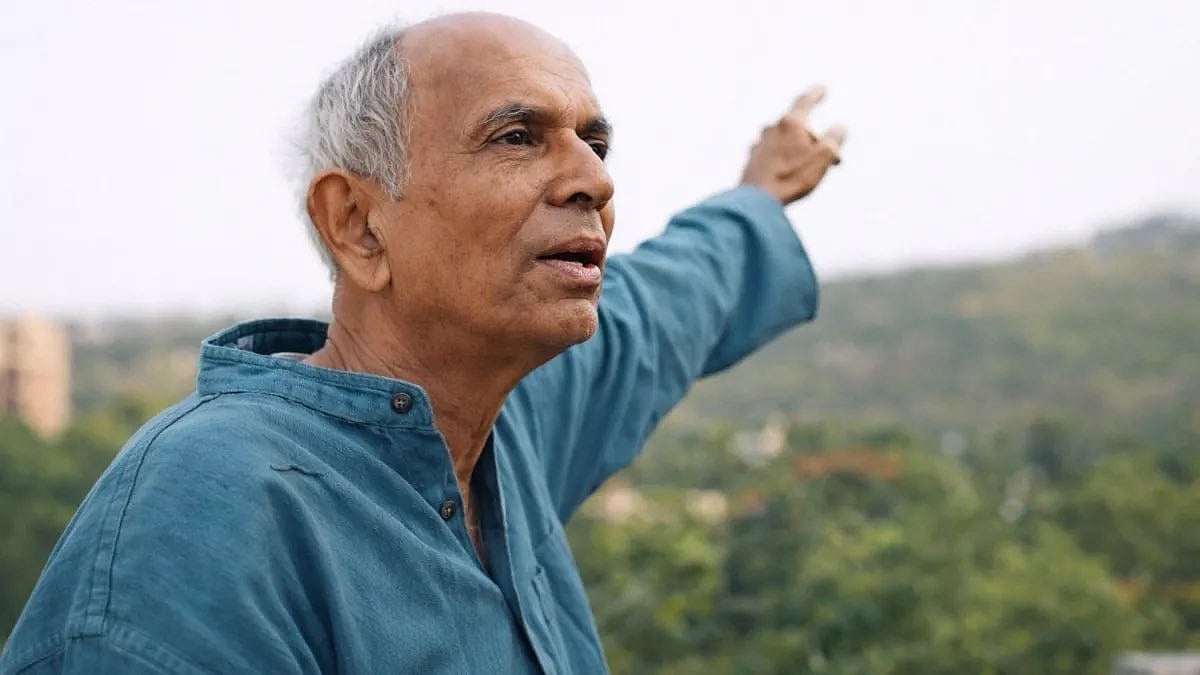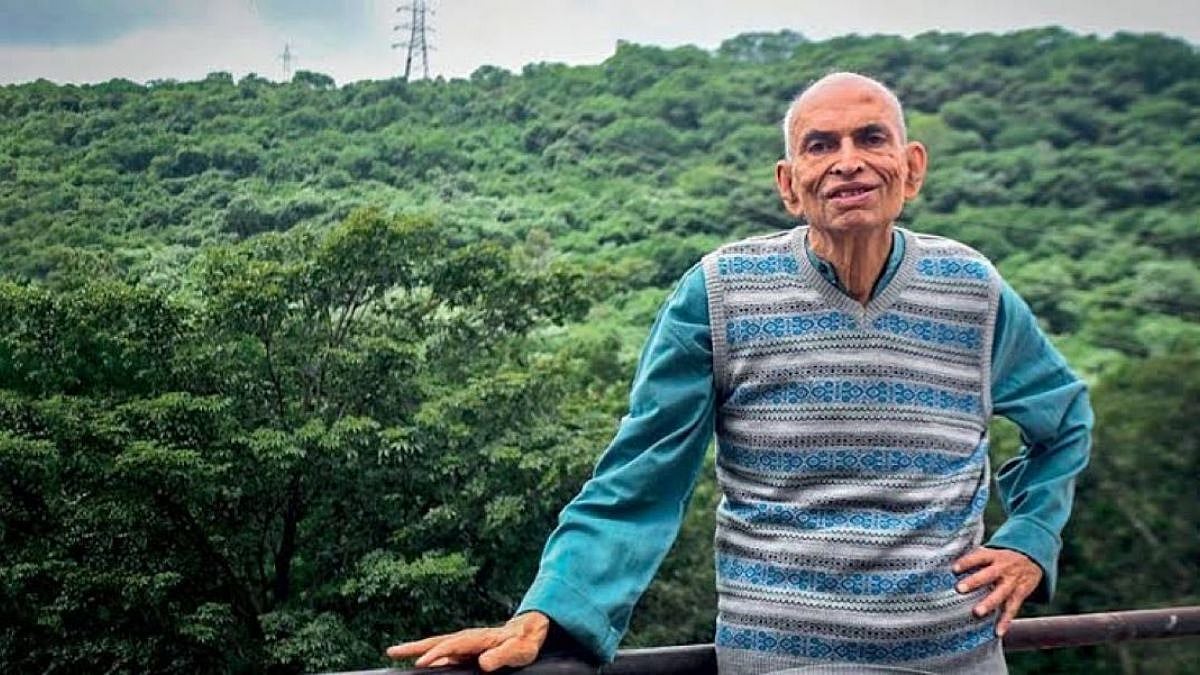The concept of watches is crucial to the safe operation of a ship, especially on the high seas. Officers and men assigned watch duties are required to be vigilant; failure can lead to collision with other vessels, seizure by hostile elements and even sinking of the ship. The television serial Yes Minister has a facetious reference to the ship of state as the “only ship that leaks from the top”, given the tendency of top politicians and bureaucrats to divulge vital information to the media when they want to press for or stall a particular policy or course of action. In a more serious vein, there are striking similarities in the organisational structures of both ships. Nowhere is this more evident than in the law and order function of the state, given the adverse consequences to citizens of its failure to protect life and property.
That is why the reported statement of the Union Home Minister, in a recent election speech in Gujarat, that anti-social elements were “taught a lesson” in the Gujarat violence of 2002 wrenched my heart. There has never been any admission by the then Gujarat Government of its failure to check widespread acts of violence against the life and property of innocent citizens. The anti-Sikh violence of 1984, the post-Babri Masjid riots in Mumbai in 1992-93 and the 2002 Gujarat violence all represent conscious, tragic failures of the state to uphold the rule of law. More pertinently, these were instances where the state (from top to bottom) abdicated its role for a period of time, leaving the field open to murderous mobs to attack members of a minority community. The state here ranges from the those at the apex of the political and bureaucratic echelons in the Union and state governments (Prime Minister, Chief Minister, Home Minister, Chief Secretary, Home Secretary) right down to the lowest administrative functionary (the taluka magistrate and the officer in charge of a police station).
This article does not seek to blame one or the other persons or organisations for these unfortunate occurrences. What is of concern here is the abdication by the state of one of its primary duties and the failure of various political and administrative functionaries to live up to the oaths they had taken in the name of the Constitution. Such instances not only leave deep scars on the psyche of the survivors, but also instil in them a fear about the capacity of the government of the day to guarantee their fundamental right to life and liberty.
A major contributory factor to this sorry state of affairs is the large-scale intrusion of partisanship in the state administrative machinery, especially the revenue and police administrations. Personnel charged with the maintenance of public order are often unable to rise above the pulls and pressures of caste, religious and ethnic loyalties in discharging their duties in an impartial manner. The lower levels of the police force and the magistracy take their cues from the approach taken by the higher levels of the political and civil administration. Maharashtra saw almost no violence against Sikhs in 1984 because of the firm instructions from then Chief Minister Vasantdada Patil that no violence against that community should be tolerated.
The insidious cancer of corruption has, over the years, gnawed remorselessly at the body of the state machinery. Transfers and postings have become a lucrative industry. As a district collector in Maharashtra in 1990, I could transfer tahsildars within my district. As divisional commissioner in 2000, this power within my division was not available to me, thanks to the Government assuming these powers in the intervening period. Centralised posting and transfer powers have ensured that pliant (and corrupt) officers and men are posted keeping in mind factors of caste and religion, apart from loyalty to the political party in power. Those getting postings of their choice have to gather resources to repay the favour done to them. Easy sources of illegal revenue range from the traditional avenues of gambling, prostitution and illicit liquor to the post-modern riches of mineral mining, transport, narcotics and straightforward extortion.
It comes, therefore, as no surprise that implementing the rule of law is one of the weaker links in effective administration.
Officers and men with inbuilt prejudices against certain communities can hardly be expected to be even-handed in tackling sensitive situations. The problem is compounded when such personnel are compromised through financial dealings with corrupt and criminal elements in their local areas and are ready to do the bidding of political masters who have secured lucrative postings for them.
A disturbing feature in recent years has been the eagerness of the executive magistracy and police to please their political bosses by acting as judge, jury and executioner by resorting to “bulldozer justice”, aimed selectively at certain sections of society. Misuse of the sedition provision under the Indian Penal Code (IPC) led to a stay by the Supreme Court on the operation of this section. However, other provisions of the IPC, Criminal Procedure Code and other draconian laws are invoked at the pleasure of political bosses to harass and detain citizens who are standing up for their Fundamental Rights. The foot-dragging by all governments in implementing the directions of the Supreme Court in the 2006 Prakash Singh case has meant that there has been no change for the better in police management. If anything, political interference continues more blatantly in postings and transfers of police personnel.
Governments should realise that there can be no excuse for failure to respect and protect the life, liberty, personal beliefs and property of citizens. The analogy between the two ships continues to be apposite, with one important difference. The captain of the naval ship goes down with her ship if it sinks. The captain of the ship of state has to ensure her ship always remains afloat. Its occupants expect nothing less from her.
The blogs of the author of this article, a retired IAS officer of the Maharashtra cadre, can be viewed at www.vramani.com









